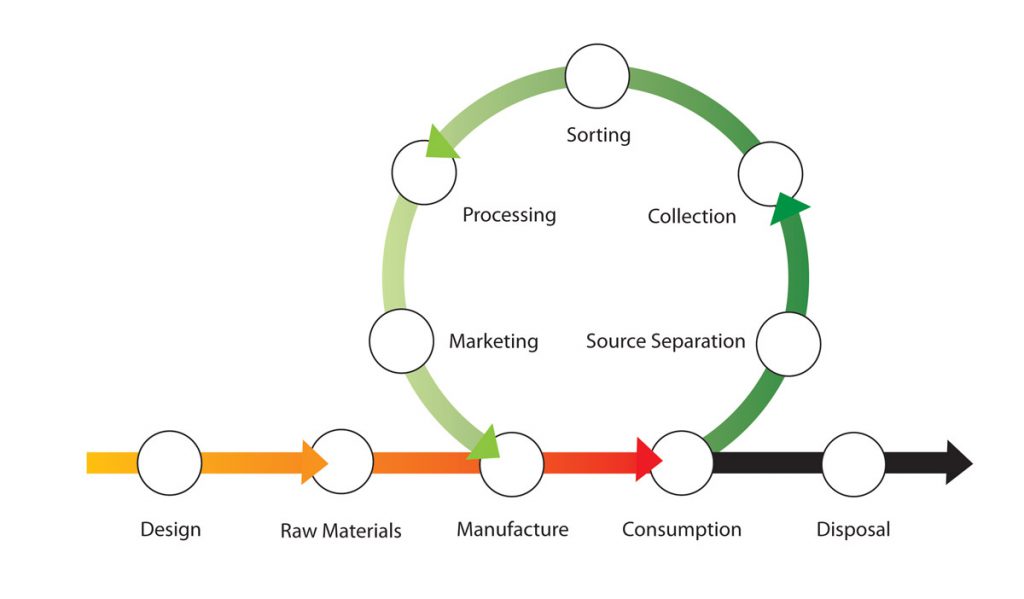A zero waste world is one where resources are valued and nothing is wasted.
The goal of zero waste is to minimise and ultimately eliminate waste.
Zero Waste:
How we prioritise these can be illustrated by the waste hierarchy.
The Zero Waste International Alliance definition of zero waste is:
“Zero Waste is a goal that is ethical, economical, efficient and visionary, to guide people in changing their lifestyles and practices to emulate sustainable natural cycles, where all discarded materials are designed to become resources for others to use.”
“Zero Waste means designing and managing products and processes to systematically avoid and eliminate the volume and toxicity of waste and materials, conserve and recover all resources, and not burn or bury them.”
Implementing Zero Waste will eliminate all discharges to land, water or air that are a threat to planetary, human, animal or plant health.
Another way of thinking about it is in terms of a circular economy, where resources are used again and again, versus the linear economy where resources are extracted, used and eventually end up being disposed of in landfill (and in other countries, being burned).

Zero Waste Network members are community enterprises who are helping their communities work towards zero waste. They do this in lots of different ways – some run reuse shops, others have contracts with their local councils to run resource recovery centres and do waste and recycling collections. The range of practical activities our members are involved in is massive:
Many of our members have education programmes through which they are teaching their communities about the value of resources and practical ways they can waste less. Instigating conversations about these issues is one of the most important things our members do.
We also have a number of associate members – councils, business and individuals who support the zero waste kaupapa and the organisations in the network. The shift from a linear ecomomy to a circular one is going to take people working at all levels.